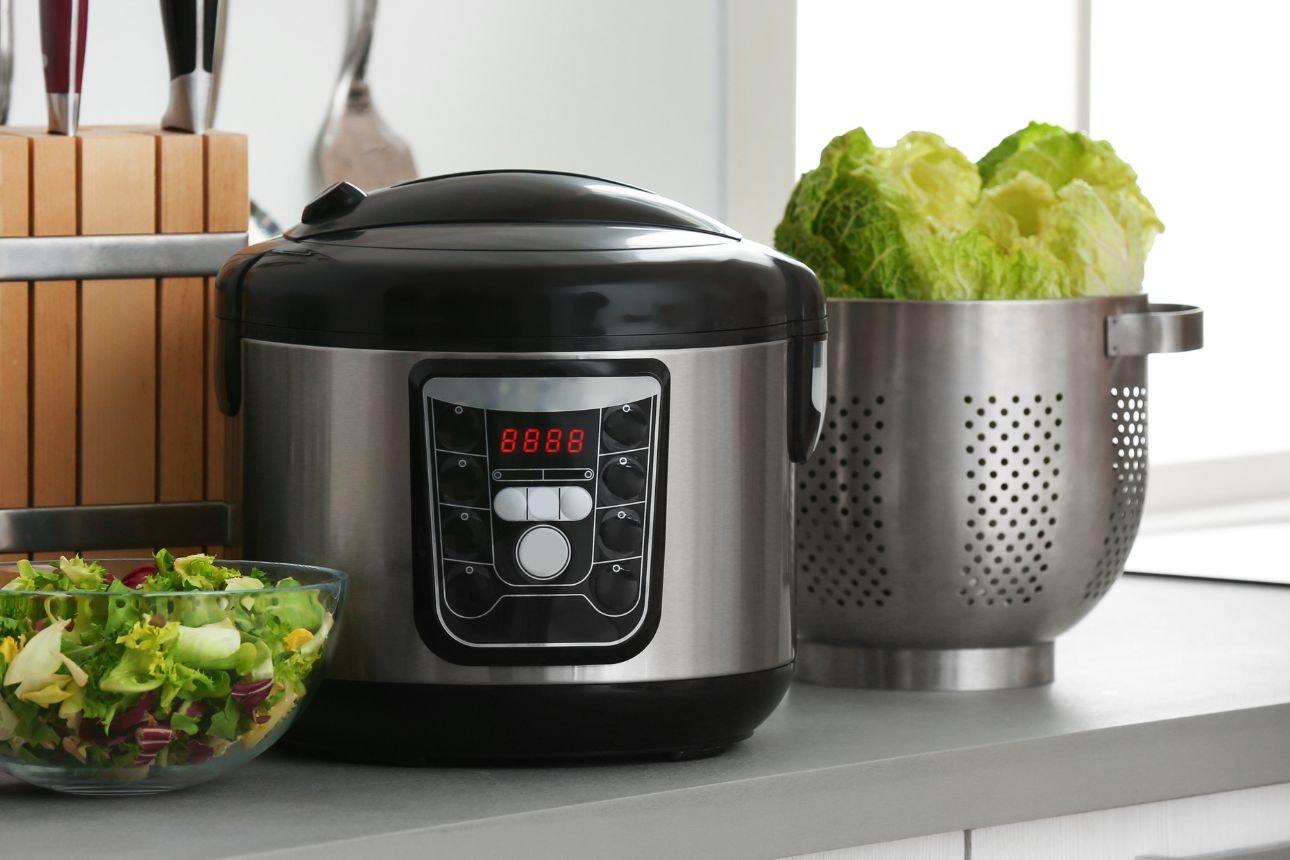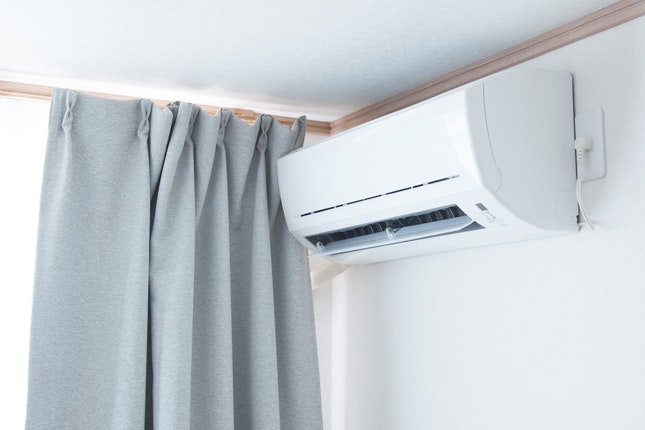
By Belinda Castles
Researcher | Kairangahau
The cost of living is New Zealanders’ top concern, according to Consumer NZ’s Sentiment Tracker. Here’s our top 30 tips to give you more bang for your buck.
Saving on your food bill
Plan your shop. Prepare a meal plan and check the fridge before you shop, to avoid food waste. Make a shopping list and stick to it. If you don’t, you’ll be tempted to add extra items into your trolley.
Don’t hit the aisles when you’re hungry. You’re more likely to overspend with an empty belly.
Know the layout of your local supermarket. This can save you time and help you avoid paying high prices for products placed in prime spots.
Compare unit prices (the cost per 100g or 100ml) to work out whether a big packet is better value than a small one.
Don’t get hooked by supermarket specials. Check the regular price to see if it’s a real bargain and don’t buy things you don’t need just because they’re on special.
Know what’s in season and don’t buy overpriced imported produce. Frozen fruit and vegetables are a good, budget option and are still a good source of nutrition.
Buy cheaper cuts of meat. Cook them in your slow cooker for a budget family meal. Add extra veges and canned lentils and you’ll have enough for leftovers.
Store your food properly. Our storage tips give you the best advice for storing your food in the fridge or pantry. This can make a big difference to how long your food lasts.
Saving on your power bill
Check your power plan with Powerswitch; 90% of people who use Powerswitch find there’s a cheaper plan available. By switching to a cheaper provider, people can typically save between $300 and $400 per year.
Turn off unused appliances. Each appliance only uses a small amount of power on standby but add these devices together and the costs can add up.
Set the thermostat to the right temperature. Anything higher than 18-20℃ and you’ll be paying for the luxury of pretending you’re in the tropics. Put on an extra layer instead of cranking up the heat.
Open your curtains. This maximises the solar gains throughout the day. Make sure you close them when evening sets in, to retain the heat.
Vacuum your heat pump filters. This will improve its performance.
Use your clothesline. Even if you can’t dry your washing completely in winter, hanging clothes outside to remove some of the moisture means you won’t have to use the dryer for as long.
Assess your hot water usage. Water accounts for about 30% of household energy use. A few changes – such as insulating your cylinder, installing an efficient showerhead and checking your hot water temperature – can result in big savings.
Ways to make your petrol last longer
Drive smooth to avoid excessive use of the accelerator. Look well ahead and try to moderate your speed to use the brakes less. If you drive at or below the speed limit (rather than faster than it), you’ll also burn less gas as your car’s aerodynamic drag increases with speed.
Empty the boot. If your boot is full of gear you don’t always use, take it out and store in the garage. The same goes for unused roof racks or bike racks. By carting around unnecessary items, you’re burning more fuel than you need to.
Check your tyre pressure. If your tyres are a bit flat, your car has to work harder to push them around. The correct tyre pressure is usually on a sticker in the driver’s doorwell or ask your mechanic to add the information to a sticker on your windscreen.
Wind up the window. It’s more efficient to use air con because having the windows down adds to your vehicle’s wind resistance.
Drive less. Avoid short drives altogether by walking or biking. If you need to go out, run a few errands together so you’re not continuously zipping to and from home.
Saving on your insurance and banking costs
Compare prices. When you get your annual insurance renewal notice, check if you can save by switching companies by getting at least three quotes. You can often get a discount for combining house, contents and car insurance. Our annual house and contents price survey has a handy comparison of different premiums.
Take a higher excess. The excess is the amount you pay if you need to make a claim. Taking a higher excess should mean you pay lower premiums.
Ask about bank fee exemptions. If you have a mortgage, you should be able to haggle to pay no monthly fees.
Bank online. Most banks charge high fees when you do your banking in the branch. Online banking means you’ll avoid most of these fees.
Avoid the minimum payment credit card trap. Minimum payments are designed to benefit the bank – not you. If you don’t pay the full amount, you’ll be charged high interest on the outstanding balance.
Check credit card annual fees and switch to a card with no or a low fee. The annual fee will be much higher if your card is linked to a rewards scheme. Reward schemes only reward big spenders and those that pay off their card each month.
Other top tips
Spring-clean your subscriptions and memberships. Check your bank or credit card statements over the past 12 months to catch any recurring fees you may have forgotten about.
Shop around. If your mobile or broadband plan is up for renewal, check if there’s a better deal from another company.
Be wary of interest-free deals. These deals often come with set-up and service fees that can add between 5% and 16% to the purchase price. If you don’t pay the debt within the interest-free period, you’ll be stung by high interest rates.
Keep a budget. Whether it’s an app on your phone, Excel spreadsheet or pen-and-paper planner, knowing where your money is going is key.


